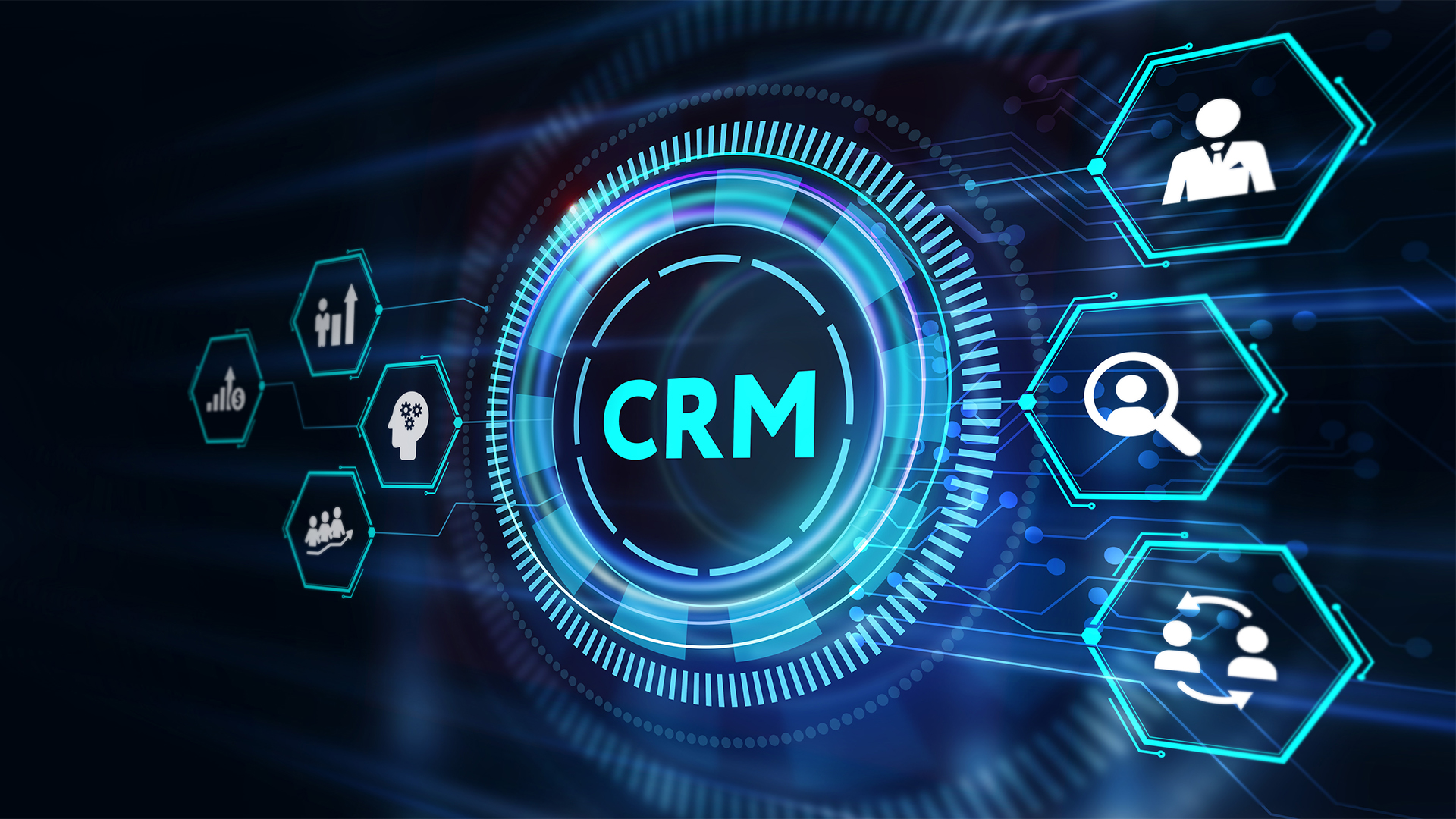
By Roman Davydov, Technology Observer at Itransition
As an insurance business expands and its customer base grows, providing personalized service to each client can become challenging. Implementing insurance CRM is one of the ways for companies to consolidate policyholder and lead data gathered across multiple sources and bring it to a unified view and understand them better to provide more tailored service.
But before implementing insurance CRM software, a company’s decision-makers must make a vital choice – to purchase platform CRM software on the market or build an insurance CRM solution from scratch. Since both options have their advantages and limitations, they should be considered carefully in order to make a reasonable choice.
This article covers insurance CRM software and highlights the differences between platform-based and custom solutions.
What is insurance CRM software?
Just like general-use CRM, insurance CRM software helps consolidate contact, behavior, preference, or any other customer or lead data gathered and stored by a company. However, insurance CRM solutions additionally provide industry-specific data models and functionality tailored to the needs of insurance businesses. Typically, insurance CRM include the following capabilities:
- Lead management
- Contact and account management
- Sales management
- Insurance product administration
- Claims management
- Policy administration
- Renewal management
- Analytics and reporting
What is the difference between platform and custom insurance CRM?
1. Platform insurance CRM
Platform (also referred to as out-of-the-box or turnkey) insurance CRM solutions offer standardized functionality sets aimed at a wide range of insurance providers. Insurers typically gain access to this type of software by purchasing a perpetual license (which is a one-time fee) or via subscription (monthly or annual fee).
Pros:
Easy to implement
The process of platform software implementation is much simpler and quicker compared to a custom solution. All an insurer has to do is purchase and install it (except in situations when customizations are required).
Lower initial costs
Out-of-the-box CRM adoption may be a more cost-effective option in the short run. Since the implementation doesn’t require coding in many cases, an insurer doesn’t have to spend vast financial resources to hire software developers.
Free trial availability
Many platform CRM software vendors offer trial versions of their products, either for a small fee or completely free of charge. Thus, insurance companies can try out CRM software and test it before a full-fledged implementation.
Community support
Typically, an out-of-the-box insurance CRM solution has an extensive customer base, which allows for a user community to form around the product. If new users experience some issues with their CRM solution, they can visit community forums to find out if other users have the same problem and see how they can solve it.
Cons
Functionality gaps
There is always a risk that a turnkey solution doesn’t cover all the company’s business requirements 100% (especially if an insurer’s workflows differ from those common in the industry and its CRM requirements are too unique). In this case, a company will have to customize its CRM solution, which will incur additional expenses.
Lack of customization capabilities
While platform insurance CRM can be customized to some extent, these capabilities are typically limited. This, in turn, means that even CRM customization doesn’t guarantee 100% software coverage of a company’s requirements. For instance, Salesforce for Insurance enables users to create 900 custom data fields in total, while another turnkey solution, Radius, only supports 5 custom analytic fields.
High licensing fees
Although the initial cost of implementing and using out-of-the-box insurance CRM can seem relatively low, in the course of time, related financial expenses can increase significantly. For instance, an insurer will most likely have to pay for additional user licenses if its company grows and the number of agents increases.
According to CloudEagle’s 2023 SaaS Spend Trends and Insights report, companies spend an average of $1,000 to $3,500 on SaaS software tools per employee annually. The same report shows that CRM licensing costs account for 5% of all software expenses, making the CRM software category one with the highest spend.
2. Custom insurance CRM
Custom insurance CRM is an original product that is built around the requirements of the client insurance company from scratch. Depending on the available IT resources, an insurer can allocate its in-house developers to the project to create such a solution or outsource custom CRM development.
Pros
Built to fit a company’s unique needs
Since custom software is initially built to fit a company’s unique requirements, an insurer gets an efficient, fully functional, and user-friendly CRM system right after the project ends. Regardless of a company’s work specifics and business structure, custom CRM can cover all of its requirements, even non-standard ones.
Fully owned by an insurer
An insurance company outsourcing custom CRM development gets exclusive ownership of the solution’s code and can utilize it in any way. For example, an insurer can not only use CRM themselves but also distribute it to other companies on a commercial basis and get an additional revenue source.
More cost-effective in the long run
Although custom development requires a higher initial investment, it can also be more cost-effective over the long term compared to turnkey CRM. One of the reasons is that an insurer owning a custom CRM does not have to pay for user licenses, and this alone can save tens or even hundreds of thousands of dollars annually.
Cons
Complex implementation process
The process of implementing a custom CRM is much more sophisticated and lengthy compared to platform CRM adoption. It includes all steps typical to software development projects, from business analysis, project planning, and system design to coding, testing, and deployment.
Software development risks
Any custom development project comes with many pitfalls and risks, ranging from software delivery delays and budget overruns to technical and cybersecurity issues, and a custom CRM development one is no exception. If developers can’t anticipate and mitigate these risks in advance, the ROI of custom CRM development can be reduced.
How to choose between platform and custom insurance CRM?
Generally speaking, implementing an out-of-the-box CRM solution can be a more reasonable option for companies with pretty straightforward business requirements and a limited implementation budget, such as small or new insurance agencies. On the contrary, a mature insurance business with complex workflows and sophisticated requirements should consider custom development foremost, as it will likely cover only a portion of its needs with turnkey CRM.
Regardless of an insurer’s business case, we recommend that decision-makers consult CRM experts before making the choice. Experienced CRM consultants will help an insurance company identify its most acute business needs, accurately calculate the project’s budget and timeline, and determine the most cost-efficient CRM implementation strategy.
Final thoughts
Insurance CRM technology is essential for any modern insurance business aiming to provide more personalized customer service and stand out among competitors. By adopting it, an insurer can manage customer data more efficiently and enhance customer-facing processes, including marketing, sales, and claims management.
But before implementing CRM, an insurer has to make a fundamental choice – whether it should purchase platform CRM software or build a bespoke solution. Since both options have their advantages and limitations, making a decision can be hard.
Experienced IT consultants can analyze an insurer’s business and identify its critical needs to help decision-makers define the right option. They can also help an insurer execute the implementation and handle all the technical and business aspects to ensure more smooth and cost-efficient CRM adoption.







